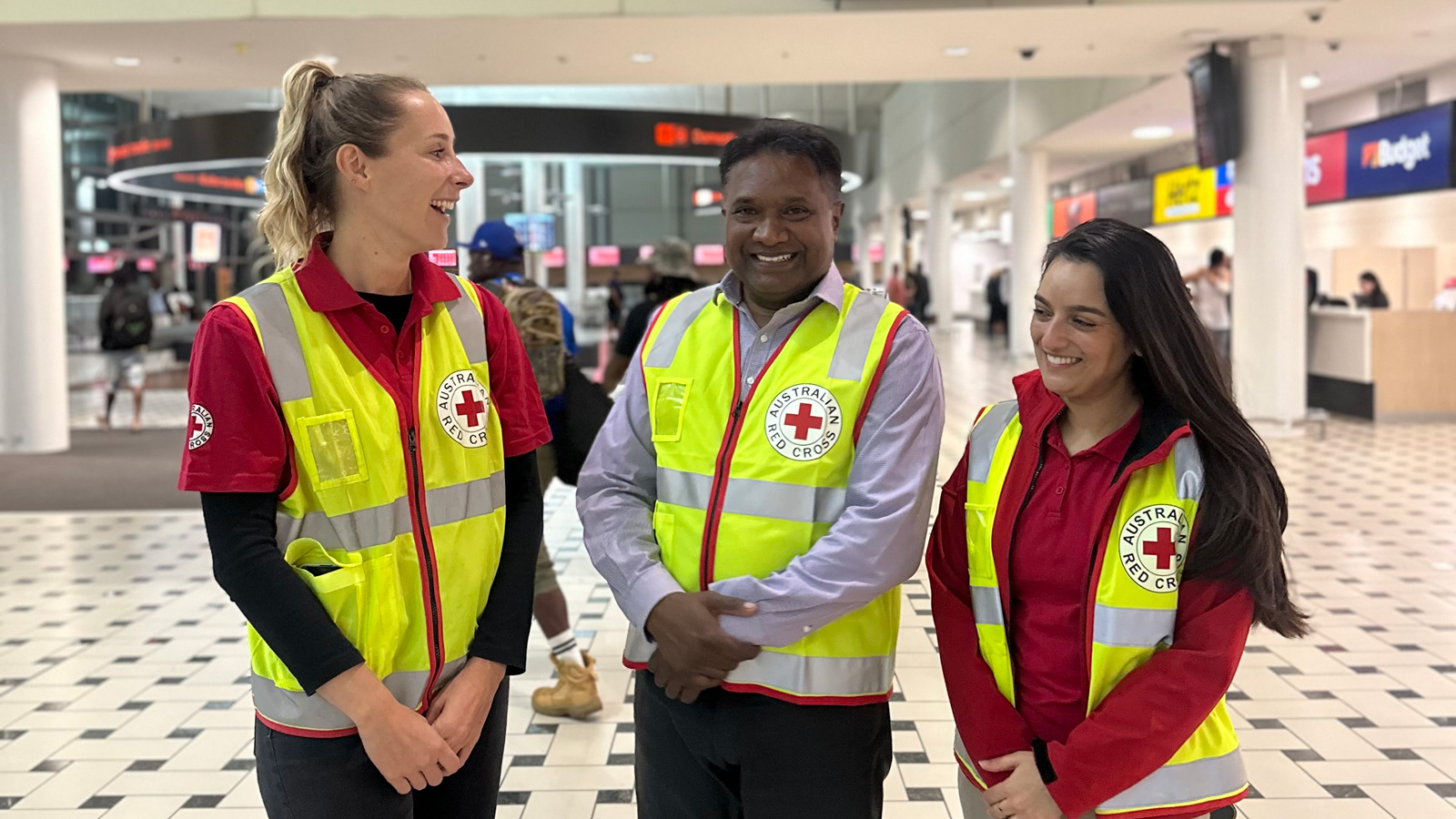


The $5 billion economic cost of last year’s floods tells part of the story but how do you measure the human cost?
For the 24 people who lost their lives and their families, it is immeasurable. Likewise, for those who lost their homes, livelihoods, businesses and farms; the thousands who are still homeless; the children from Lismore rescued off roofs who are now scared of the water, the students sleeping in cars during their HSC exams, and for 80-year-old Elaine from Eugowra who has a serious lung condition and spent four hours in chest-deep water before being rescued and airlifted to Orange hospital.
The impacts of disasters on individuals and communities can be long-term and complicated, involving loss of life and injury, damage to health and wellbeing, housing, financial and material losses, family separation, education and employment prospects, changes in community dynamics, and the environment.
A Deloitte Access Economics report on the economic costs of natural disasters found the long-term impacts on people's mental health and wellbeing far outweigh the costs of replacing personal assets.
To mitigate this, supporting people’s mental health and psychosocial wellbeing is critical in disaster response.
Red Cross’ role in disasters and emergencies is to provide psychosocial support. We help people who are traumatised to better cope with the situation. Our goal is to help people feel safe, reduce stress, support them to identify their immediate needs and offer hope. This is the basis of psychological (mental health) first aid.
We provide clear information, help trace relatives, connect people to essential services and offer hope. These actions, when offered in a timely and appropriate way, help most people to recover without developing mental disorders.
Last year was the busiest on record for Red Cross Emergency Services in NSW. More than 400 staff and volunteers were activated for 262 days across for the state in 171 evacuation centres providing psychosocial support. We provided psychological first aid to 29,000 people.
YouGov polling commissioned by the Climate Council supports what we are witnessing on the ground. Of the 80% of people who reported living through an extreme weather event – heatwaves, flooding, bushfires and drought – more than half reported negative impacts on their mental health.
Following the NSW and Queensland floods, we are seeing a greater impact on people’s mental health. Our emergency services staff and volunteers are reporting the urgent need for more mental health professionals to support people in disaster impacted communities, particularly in regional towns such as Eugowra.
Many survivors have been struck multiple times, living through 1000 days of back-to-back disasters – bushfires, COVID-19 and floods. This is compounding the impacts on mental health.
Infrastructure losses after disasters are highly visible. The psychological and social impacts are far less obvious, but equally important. Recovering from a natural disaster takes several years and a lot of support is needed. It is comparatively easy to rebuild a bridge. A Melbourne University report, 10 Years Beyond Bushfires, found 21% of people affected by the 2009 Victorian bushfires are still experiencing PTSD and depression more than ten years later.
Providing coordinated psychosocial support in emergencies has now become a critical part of preparing for, responding to and recovering from an emergency because the evidence shows that psychosocial support programs help people to recovery.
Kate Miranda
State Director, NSW
Australian Red Cross
References
University of Melbourne (2020), 10 Years Beyond Bushfires Report , Melbourne, 10-years-Beyond-Bushfires-report.pdf (unimelb.edu.au)
Deloitte Access Economics on behalf of Australian Business Roundtable for Disaster Resilience & Safer Communities (2021) Special Report: Update to the economic costs of natural disasters in Australia, Special report _Update to the economic costs of natural disasters in Australia.pdf (australianbusinessroundtable.com.au)

Thanks to our generous donors our teams are on call, ready to help 24/7, 365 days a year.
Red Cross pays our respects to the Aboriginal and Torres Strait Islander custodians of the country where we work, and to Elders, past, present and emerging.
Learn about our Reconciliation Action Plan and how we can all make reconciliation real.
This website may contain the images, voices or names of people who have passed away.